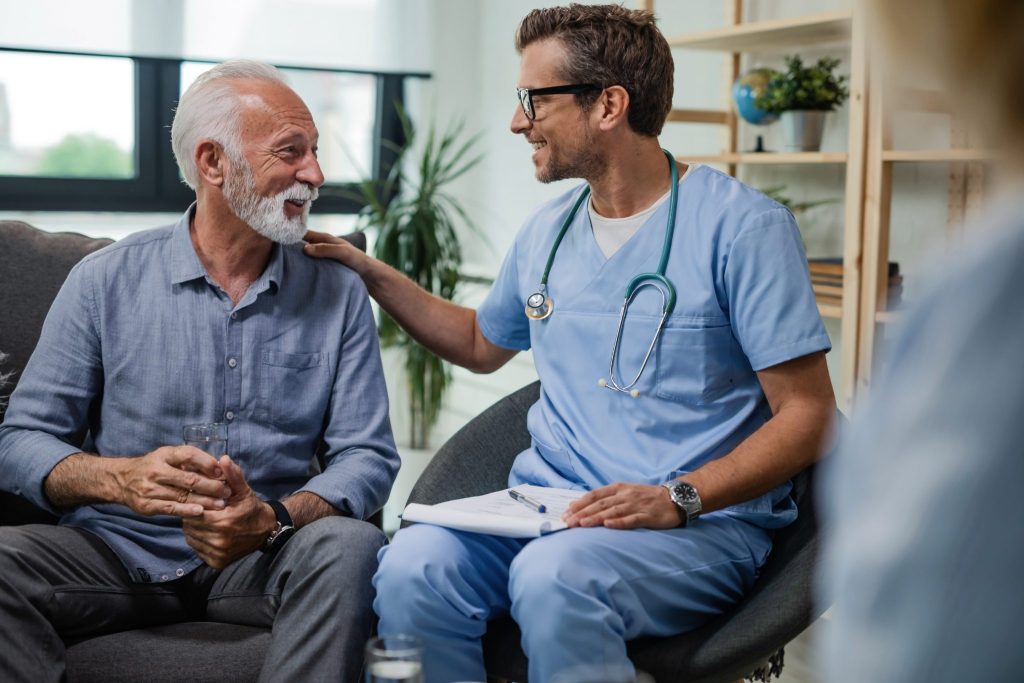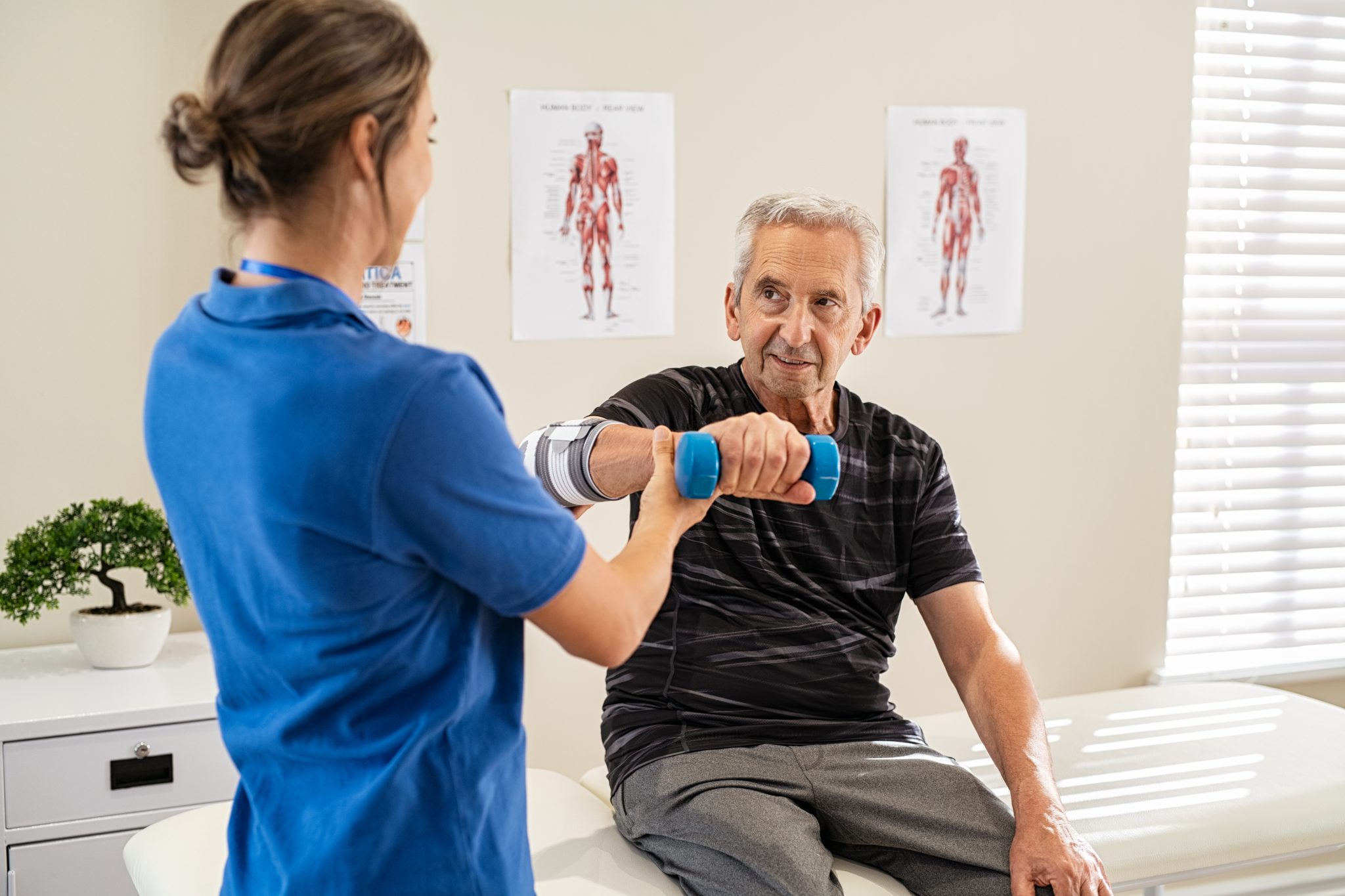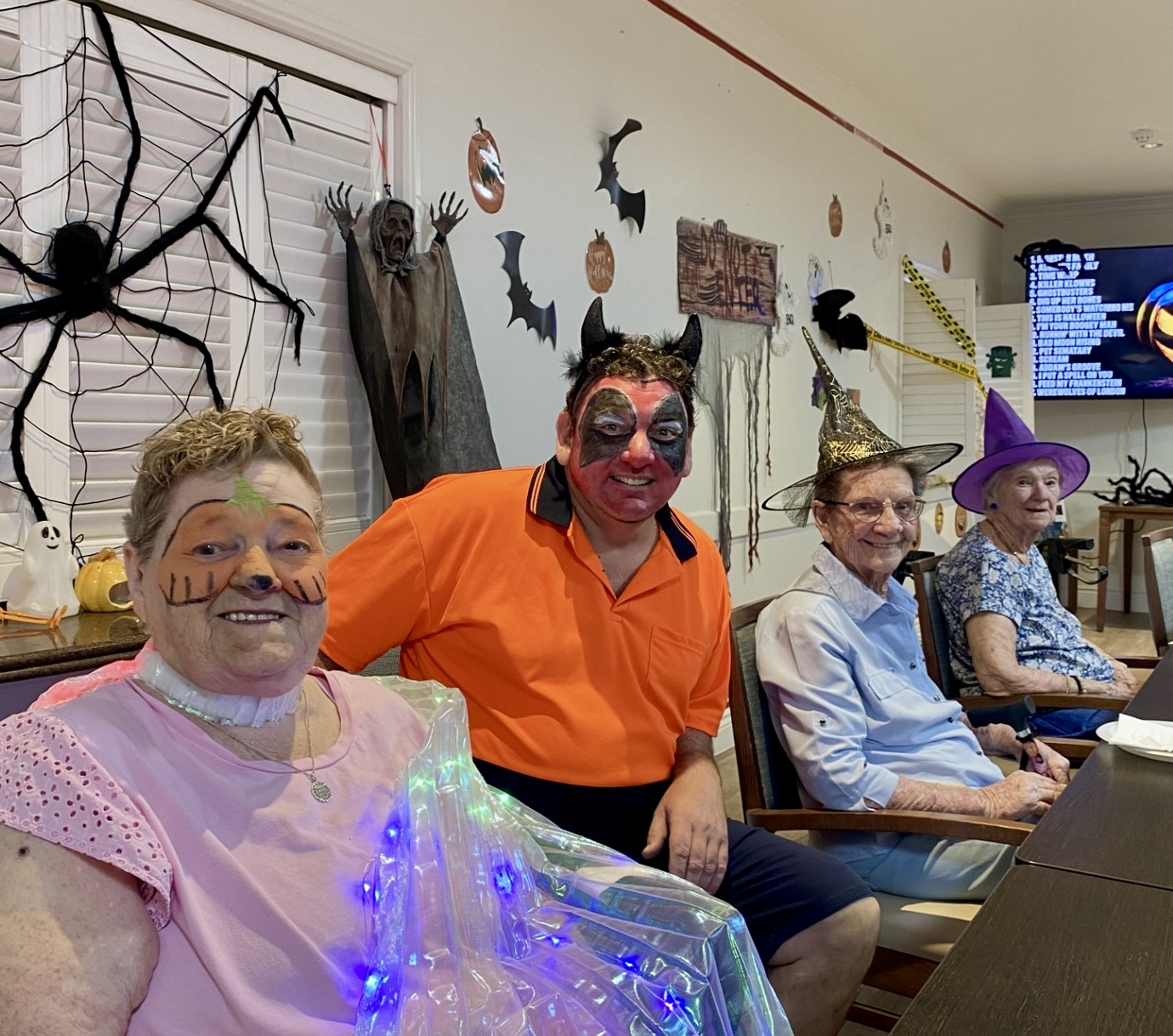As an ageing population, it’s important that we pay attention to our health – not only when things aren’t right, but also just to check that our body is running the way it should. When it comes to elderly health and wellness, there are regular health checks to consider, and it’s also important to look out for early signs that something might not be quite right.
It doesn’t take a lot to schedule a visit to your GP, or to understand how to recognise the early signs of dementia. Regular health checks and education are important for seniors and their families, so we can be prepared and aim for early detection and intervention wherever possible.
Here are some regular health checks you might want to consider as you get older.

Bowel cancer screening
Bowel cancer screening is a critical component of healthy ageing. Given it’s the third most commonly diagnosed cancer in Australia – and it mostly affects people over 50 – early detection through regular screenings can significantly improve outcomes. Luckily, the Australian Government offers free screening for bowel cancer from when we turn 50 until the age of 74, but after that, it’s still smart to see your GP for advice on ensuring you have a healthy bowel. By addressing bowel cancer promptly, seniors can enhance their quality of life and maintain their independence.
Breast cancer screening
Breast cancer is the fifth most common cause of cancer-related deaths in Australia, but the prognosis is good if the cancer is caught and treated early. BreastScreen Australia offers free mammograms every two years to Australian women aged between 50 and 74. After that, your GP can refer you for testing, to help you catch and treat any breast-related cancers as early as possible.
Skin cancer checks
Everyone should have their skin checked for cancers each year, regardless of age. Australia is known as the skin cancer capital of the world with good reason. Two out of three Australians will be diagnosed with some form of skin cancer by the time they’re 70, and it’s just as important beyond that age to find and treat any unusual or irregular spots before they become more sinister. Talk to your doctor about your risk factors and how often you should be having your skin checked.

Heart health check
With a heart health check, your doctor can predict your doctor can predict the likelihood of you having a heart attack or stroke in the next five years. Your GP will ask you about your diet, exercise, family history and risk factors, such as smoking or obesity. Your blood pressure will be checked and your doctor will order blood and urine tests to check for high blood pressure, high cholesterol and kidney disease. Everyone from 45-79 should have a heart health check regularly.
Type 2 diabetes
Type 2 diabetes can become a problem as we get older – especially for those who are obese, who smoke, or who are obese. Your doctor may choose to test you for type 2 diabetes, but the Australian Government recommends performing a self-evaluation every three years after the age of 40. The online questionnaire checks your risk factors and recommends you get a test if your score (called the AUSDRISK) is 12 or higher. You can do that self-assessment on the Department of Health and Aged Care website.
Bone density testing
Bone density testing becomes more important as we get older, as our bones can become weaker and more brittle. Osteoporosis poses a significant risk to seniors, highlighting the importance of early intervention through regular screenings. Osteoporosis can lead to bone breaks and fractures, which can become harder to heal as we get older. A bone density scan can help you understand your risk factors, and your doctor may be able to offer preventative care or treatment. Talk to your GP about whether a bone density scan could help you.
Prostate cancer screening
While over 24,000 men are diagnosed with prostate cancer each year, 96% of those men are still alive five years or longer after their diagnosis – so the prognosis is excellent if detected and treated. Regular screening for prostate cancer isn’t recommended, so it’s important to be aware of early symptoms of prostate cancer – such as difficulty passing urine, a slow or interrupted flow of urine, frequent passing of urine (including at night), and incontinence. If you’re experiencing early symptoms, your doctor may recommend you have a PSA (prostate specific antigen) blood test and/or offer a rectal exam.
Hearing tests
Hearing tests play a crucial role in age-related hearing loss issues that can impact elderly health and wellness. Loss of hearing can contribute to feelings of social isolation, as well as making it more difficult to remain independent. It can also be a sign of other health issues that need to be investigated. Most audiologists recommend having your hearing checked annually after the age of 60. This regularity can catch any issues early, and it can also help you to notice any irregularities in your hearing. You can book directly in with an audiologist, or you can talk to your regular doctor about arranging a hearing test.

Eye tests
Regular eye tests are important for preserving your independence, and for supporting healthy ageing more broadly. Age-related eye conditions such as cataracts, macular degeneration, glaucoma, and diabetic retinopathy can pose significant health challenges, including blindness, so early detection is crucial. After the age of 65, Medicare covers the cost of an eye examination every year at the optometrist of your choice.
Early signs of dementia
While this isn’t a health check, per se, being aware of early signs of dementia is important, because early treatment can make a huge difference for those suffering from dementia. Early signs include:
- memory loss that affects day-to-day function
- difficulty performing familiar tasks
- confusion about time and place
- problems with language
- problems with abstract thinking
- poor or decreased judgement
- problems misplacing things
- change in personality or behaviour
- loss of initiative.
If you’re concerned about any of these symptoms, talk to your doctor. They can help with a diagnosis and treatment.






